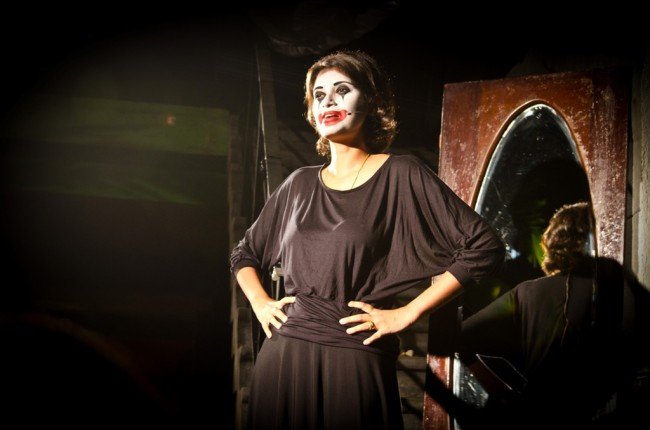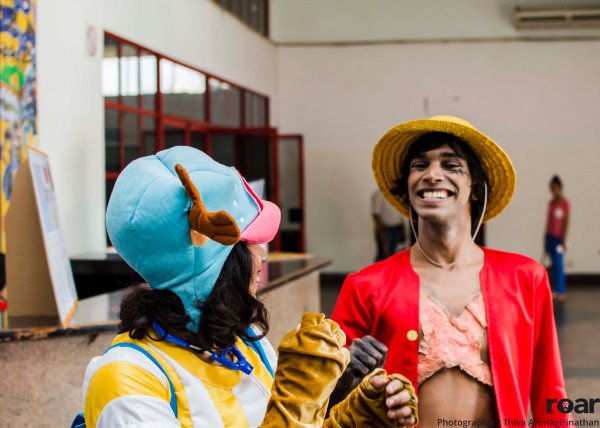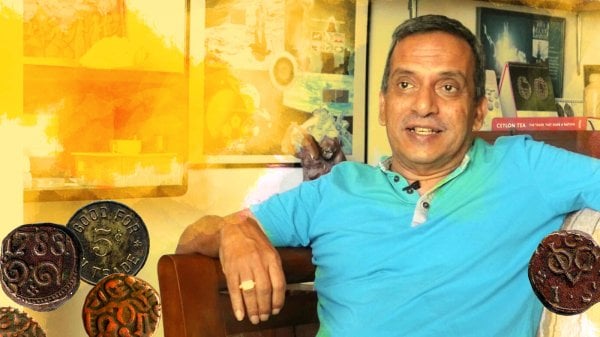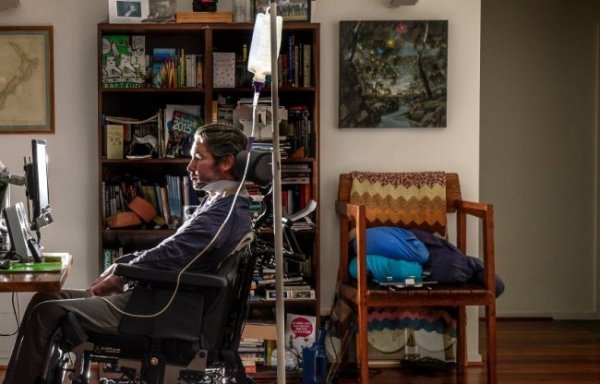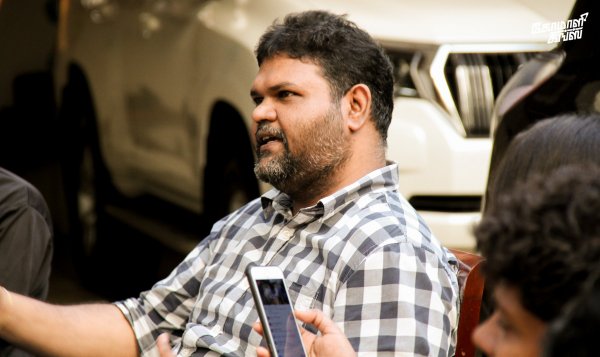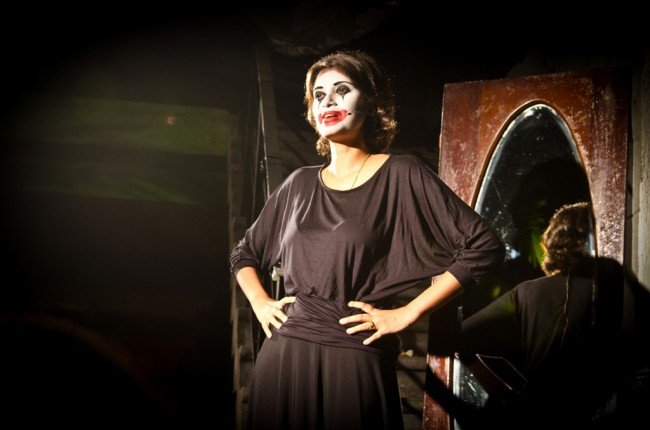
Nine sets of plays about violence against women. Two long hours of pain and torture.
At least that’s what some of the audience who attended the ‘V-Day Our Stories’ plays expected. However, much to their surprise, they found the set of skits produced by The Grassrooted Trust to be executed with such ingenious artistry and talent that they remained rooted to their seats; even through intermittent drizzle during the open-air performances. Some of the audience were even able to relate to the chilling events that unravelled before their eyes.
So what were the plays about exactly?
Since 2011, The Grassrooted Trust has campaigned for awareness of violence against women with the V-day plays. This year most of the plays focused on intimate partner violence – one of the most common forms of abuse. Other issues included gang rape and exploitation of transgender.
Rape Olympics
Grabbing the audience by their proverbial balls with the opening skit, Rape Olympics takes on gang rape. Gang rape is portrayed as a sport. The teams explain to the audience the rules of the sport and how they are performed. One of the rules included that their targets (victims) should be women between the ages of 11 to 88 years. The gold medal was awarded to the team that was able to rape their victim sans mishaps. The Rape Olympics also addressed the lesser known or spoken of area of women raping women as well.
Far Too Many: A Clitoral Discourse
The skit was a heated discussion between a teacher and head mistress about the possible abuse of a schoolgirl. What was interesting about this play is that it took on several issues at once. Rape within hostels, girls raped by girls/women, incest, masturbation, and how and why Sri Lankan society turns a blind eye to forms of sexual abuse.
April’s Fool
A bilingual play (alternating between English and Sinhala) that addresses sexual abuse of Sri Lankan university students placed in the care of Sri Lankan families abroad. April has moved in with an elderly Sri Lankan couple residing in Australia. After the first few days of unsettling encounters with the old uncle of the household, April wakes up in horror one night to find him nestled next to her in bed and his cold, clammy fingers stroking her thigh. Throughout the play their inner thoughts are voiced by a third actor whose almost spectral presence helps the audience understand why April chooses to wear skimpy shorts, patriarchy in the household, and the disturbing thoughts that run through the old uncle’s perverse mind.
I Scream
A brilliantly executed play of a homosexual youth from Jaffna who fled to Canada with his mother and younger sister to escape not the war but the physical and sexual abuse that was frequent in their household. Enjoying a large serving of ice cream from the famed Rio’s ice cream parlour in Jaffna, Danu Innasithamby, in a monologue in Tamil and English, captivated the audience with his grisly tale of destructive conventional ideas of our society. In his soliloquy, Danu talks about the pressure on young mothers to bear sons, the discrimination of dark skinned women and contempt of homosexuality, as well as marital rape, and how spousal abuse affects children.
Mars Bar
Mars Bar is an eye-opening play of a lesser-known area of intimate partner abuse. Gehan Blok, with the skill of a seasoned actor, portrays an insecure boyfriend – seemingly bi-polar – who refuses to use a condom during sex. He alleges that even the largest condoms in the world (Tuskers from Nigeria) are too small for his package, but later reveals that he dislikes using condoms because the pleasure factor is better without them. He tries to force his girlfriend to take the morning after pill instead. Protection during sex is often placed solely on women in Sri Lanka for this reason. The play expertly conveys how this too is a form of abuse.
Goldfish bowl
Indu Dharmasena, one of Sri Lanka’s best-known stage actors and directors, took the audience through an emotional rollercoaster with his performance. Tackling another grey area of intimate partner violence in Sri Lanka, he portrays a husband who clearly loves his wife a great deal, but abuses her emotionally. One of the gifts he lavishes her with to show his affection is a goldfish that she adores and gives more attention to than her husband. He grows jealous and kills the goldfish; picking out its scales and poking its eyes out while it’s alive and leaves it on her bedside table. He doesn’t understand why she is distressed by this the next day and why she becomes afraid of him. He confides in audience that he doesn’t understand why she is afraid of him when he loves her and provides her with everything she could ask for; clearly oblivious of the emotional and abuse and intimidation he subjects her to. His emotional abuse escalates and culminates when he finally kills her.
Missed the plays? Don’t worry, they will be restaged
These are six of the nine plays directed by Jith Peiris and Hans Billimoria, that left the audience stunned, contemplative and more aware of various levels and forms of violence that are rampant in Sri Lanka. Instead of being cloyed with gruesome imagery, The Grassrooted Trust artfully took on issues of violence and discrimination of women that left the audience contemplative and reflective. If you missed the Colombo performance, you can still catch the staging of V-Day: Our (very Sri Lankan) Stories in Kandy in August and in Jaffna in September.

